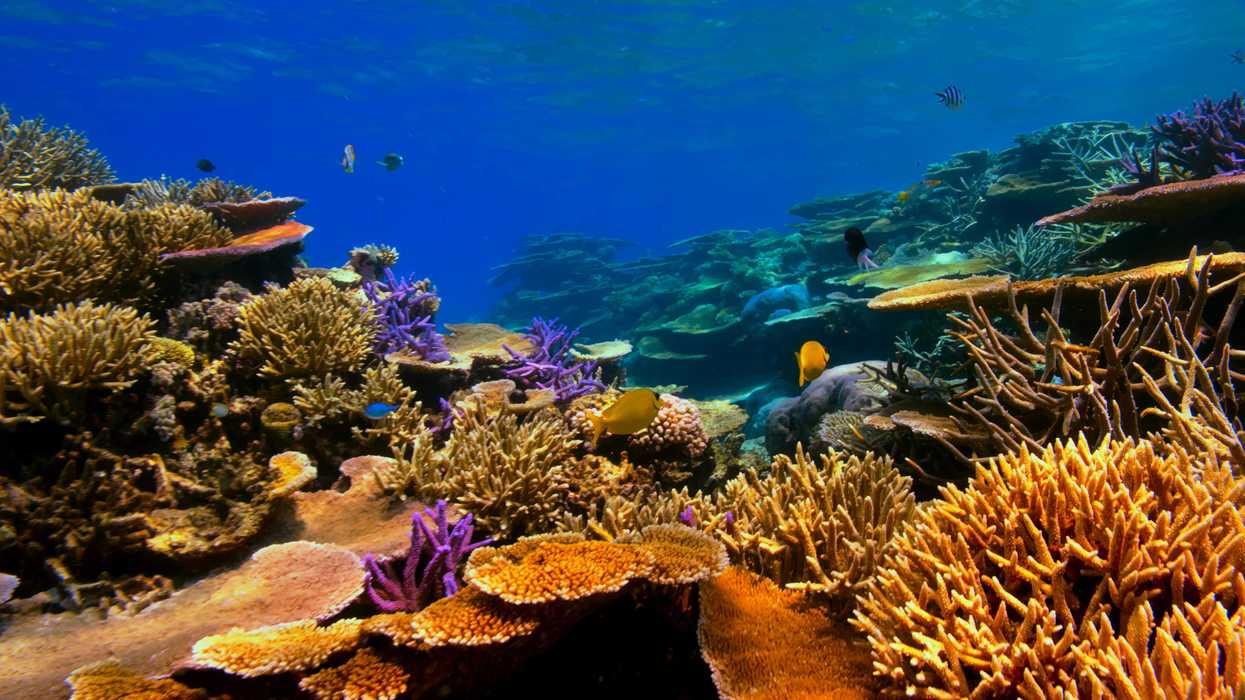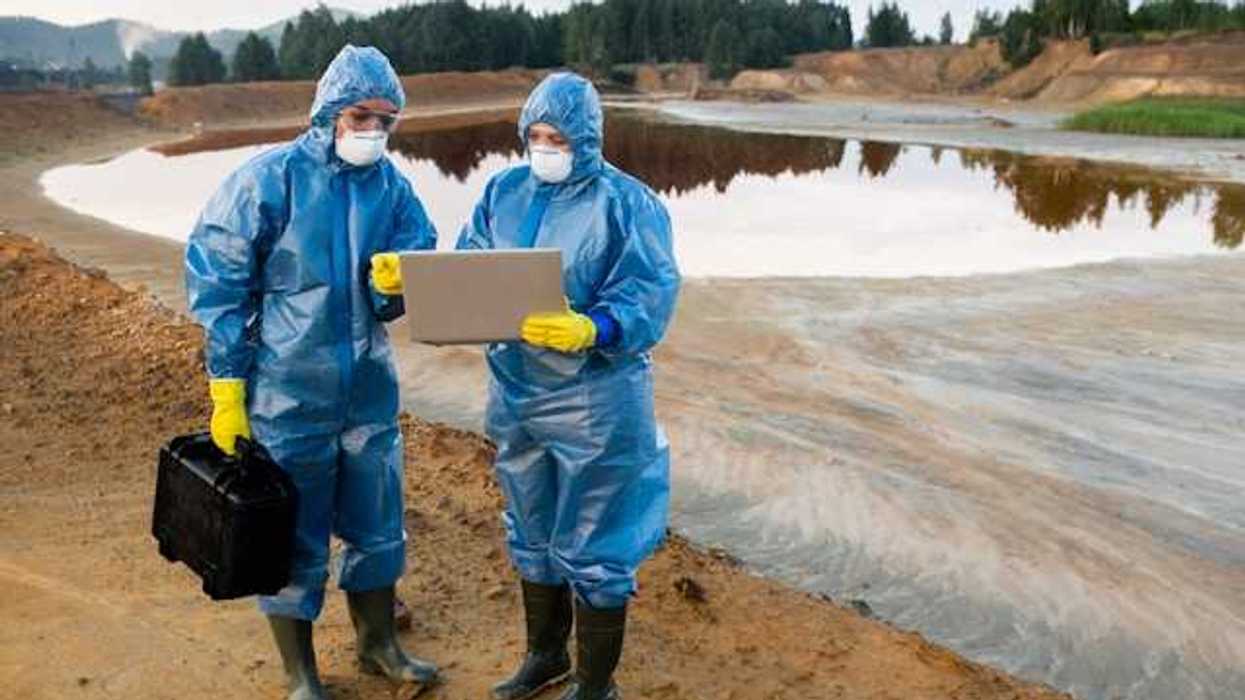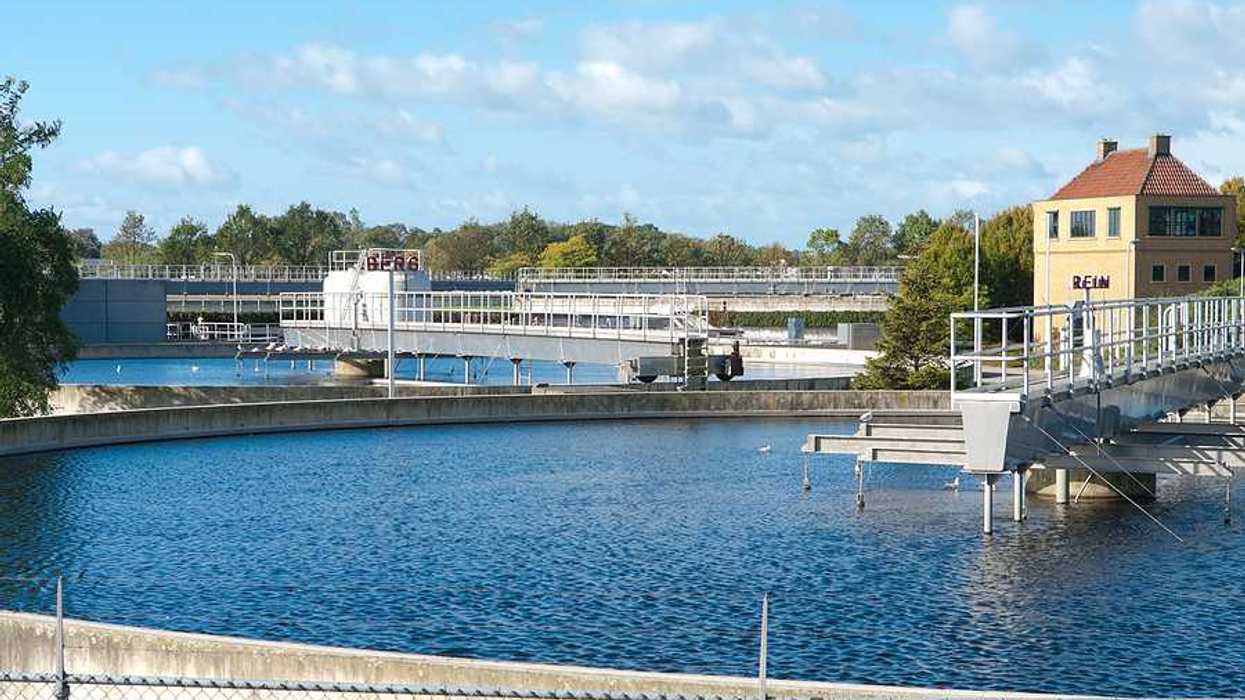A new leader at the International Seabed Authority could pave the way for deep-sea mining, raising concerns about its environmental impact.
Gautama Mehta reports for Grist.
In short:
- The International Seabed Authority (ISA) governs over half of the world’s ocean floor and is debating whether to allow deep-sea mining.
- The newly elected ISA secretary-general, Leticia Carvalho, may oversee the first mining operations despite scientific concerns about environmental harm.
- Recent studies suggest deep-sea mining could have irreversible ecological consequences, threatening unique marine life.
Key quote:
“The environmental implications will be significant. They would be irreversible on human timescales.”
— Pradeep Singh, ocean governance expert at the Research Institute for Sustainability
Why this matters:
Mining the deep sea could damage ecosystems that are crucial to ocean health, with impacts that may last for centuries. As the ISA considers approving mining, global debate intensifies over whether the potential economic benefits outweigh the environmental risks.
Related: UN debates deep sea mining code amid global concerns














